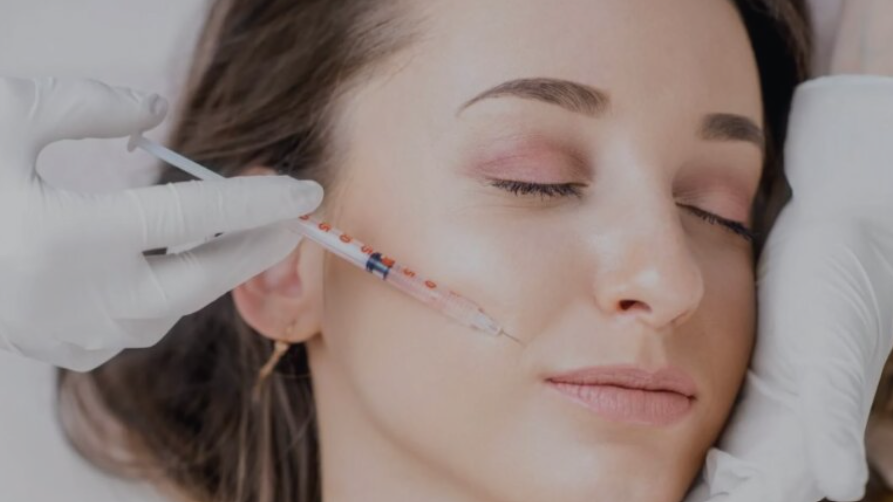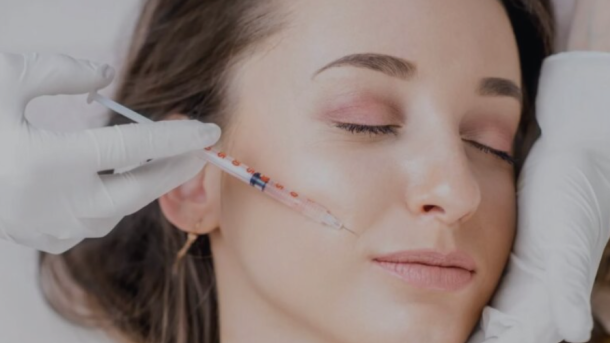Botox for Depression: As we age, it’s common to see fine lines, wrinkles, and sagging skin. While these are natural signs of getting older, many people turn to Botox for aesthetic improvements. Botox not only smooths out smile lines, helping you look more youthful, but it also has surprising benefits for mental health. Recently, research has explored Botox for depression, linking facial expressions to emotions and mental well-being.
What is Botox for Depression?
Botox is a purified protein derived from the bacterium Clostridium botulinum, and when used in small doses, it relaxes overactive muscles. While its primary use is cosmetic—helping to reduce wrinkles and lines—Botox has also gained attention as a potential treatment for mood disorders like depression. Experts suggest that by relaxing facial muscles, particularly those involved in frowning, Botox could have a positive effect on mood, easing the symptoms of depression.
Some studies have even explored the connection between Botox and emotional well-being. Research from the FDA has shown that patients receiving Botox treatments for cosmetic purposes have reported a reduction in depressive symptoms. While Botox isn’t a primary treatment for mental health disorders, it’s emerging as a valuable supplementary option for some people struggling with chronic depression.

How Botox for Depression Works
Botox is commonly associated with wrinkle treatments, but its potential in mental health care is becoming more widely recognized. By temporarily paralyzing certain facial muscles, Botox reduces the ability to frown or scowl, which, in turn, may influence mood. There’s a theory called the “facial feedback hypothesis” that suggests the act of frowning can trigger feelings of sadness, while smiling can improve mood. Botox for depression works on this theory by preventing frowning, potentially lifting spirits and improving mental well-being.
While Botox is still considered an experimental treatment for depression, many patients have found relief through this approach. It’s important, however, to consult with a healthcare professional before choosing Botox as a treatment for depression, especially for those with a history of mood disorders.
Choosing Botox for Depression: What to Consider
If you’re considering Botox for depression, it’s crucial to consult with an experienced healthcare provider. Botox should only be administered by a qualified professional, ensuring the procedure is performed correctly and safely. As Botox becomes more popular, choosing a certified aesthetician or dermatologist is vital to avoid complications. Additionally, it’s essential to disclose any medical history related to mental health to ensure Botox is a suitable option for you.
Source: www.inquisitr.com



